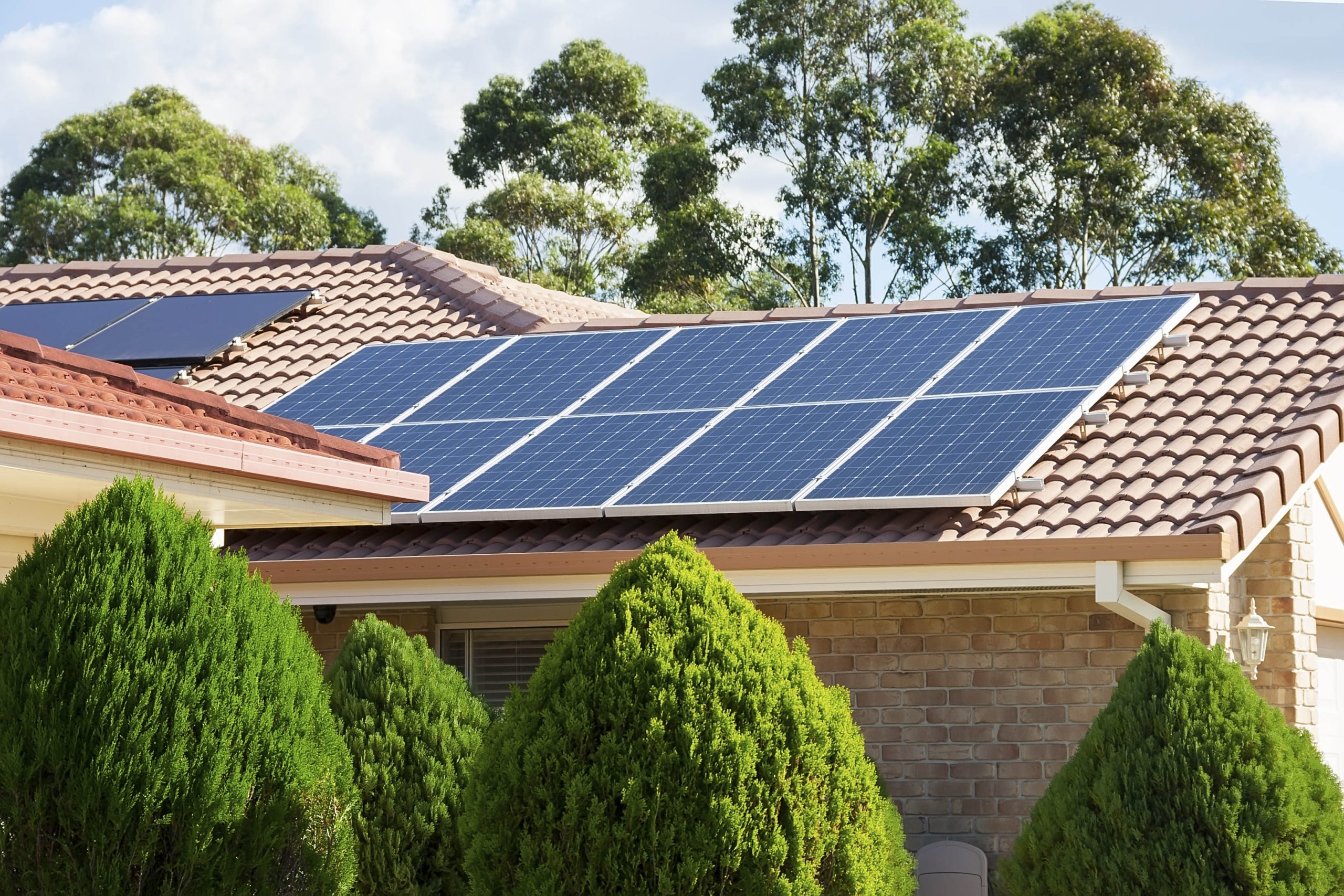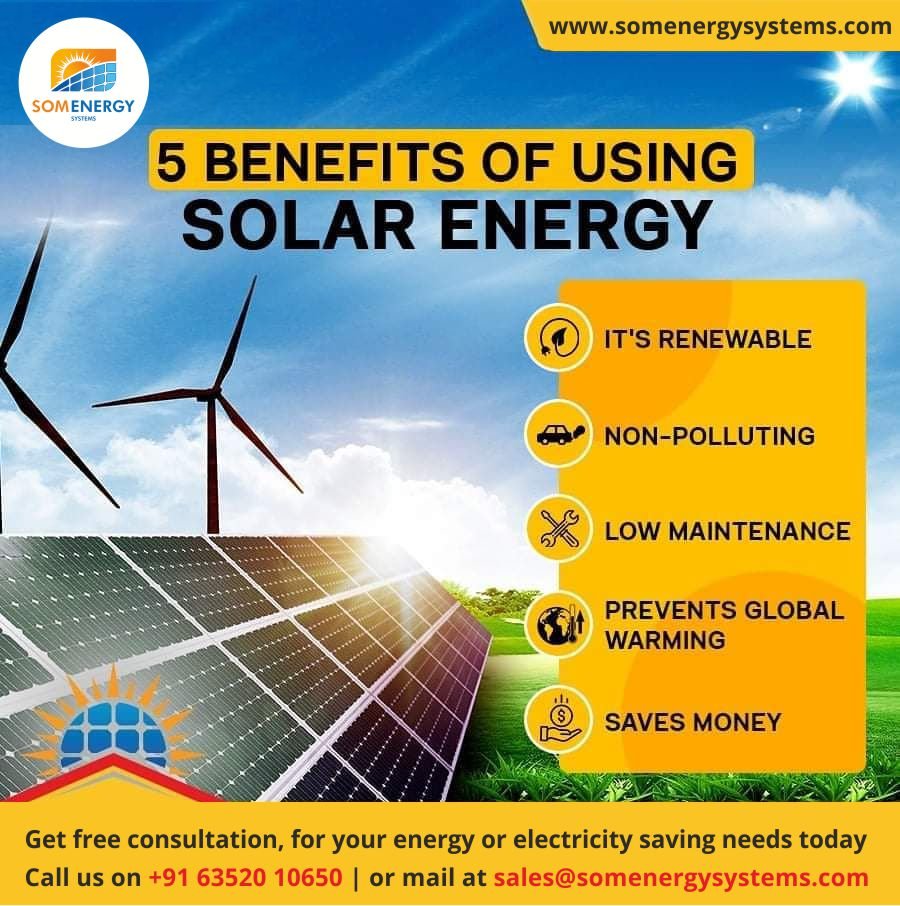

Solar power for your home is rapidly becoming a viable and attractive option for achieving energy independence. Imagine harnessing the sun’s abundant energy to power your home, significantly reducing your reliance on the traditional energy grid and, potentially, saving money on your energy bills in the long run. Solar power is essentially the conversion of sunlight into electricity, using photovoltaic (PV) panels. The technology has come a long way, offering efficient and reliable solutions for homeowners. However, numerous questions remain regarding the feasibility of solar panel installation, the financial implications, and the environmental benefits—questions this comprehensive guide will address. This guide will provide a detailed overview, covering crucial aspects like system design, maintenance, financing options, and the environmental impact of solar energy.
Understanding the Benefits of Solar Power
Harnessing the Sun’s Energy
Harnessing the power of the sun for your home energy needs is rapidly becoming a viable option for environmentally conscious homeowners. Through the use of photovoltaic (PV) panels, sunlight is converted into usable electricity—a process known as photovoltaics. This renewable energy source presents a wealth of advantages, from financial savings to a reduced environmental footprint. By implementing a solar power system, homeowners can drastically reduce their reliance on the traditional grid, gaining a greater sense of energy independence. A key benefit is the substantial potential cost savings over time—a substantial factor for many homeowners.
The Challenges of Transitioning to Solar
While the benefits of solar power are undeniable, there are hurdles to consider. The initial cost of installation can be a significant barrier for some homeowners, and the optimal placement and size of the solar panel system are crucial. Furthermore, ensuring proper maintenance of the system is essential to sustain its optimal performance over time. Unforeseen problems like weather damage or shading, could impact the efficiency of the solar panel system.
Solar Panel System Design
Evaluating Your Energy Needs
To determine the right solar panel system for your home, a thorough assessment of your energy consumption is essential. This evaluation should account for the different appliances and lighting used in your house. Understanding your home’s energy usage will help in determining the required system size to effectively meet your needs. Realistically, homeowners often require several kilowatts of power, and the exact wattage required will vary based on several factors, including location and energy use. Consider using online calculators or consulting with solar installers for an accurate assessment of your specific needs.
Choosing the Right Solar Panel Technology
Various solar panel technologies are available, each with its own advantages and limitations. Monocrystalline panels, for example, are known for their high efficiency, while polycrystalline panels offer a more affordable option. The best choice depends on factors including budget, desired output, and environmental impact. Researching different types of panels and obtaining advice from specialists can help you make the right choice for your needs.
The Financial Implications of Solar Power
Calculating Return on Investment
The return on investment (ROI) for solar power systems is a crucial factor for homeowners considering the transition. Several factors influence the ROI, including local solar incentives, energy rates, and the lifespan of the panels. In many areas, the rising cost of energy is offsetting the upfront installation costs of solar. This is where conducting your due diligence to find relevant government rebates and incentives is crucial.
Exploring Financing Options
Several financing options are available to make solar power more accessible. These options range from tax credits and rebates to loan programs specifically designed for solar energy installations. Researching the various options and understanding the terms and conditions can help homeowners make an informed financial decision. Contacting loan providers or financial institutions specializing in green energy financing can help you navigate the process efficiently.
Maintenance and Longevity of Solar Panels
Regular Inspection and Maintenance
Regular maintenance is essential for ensuring the long-term performance and longevity of your solar panel system. Routine checks of wiring, connections, and panel conditions can prevent potential problems and extend the lifespan of the system. Visual inspections, and professional cleaning can contribute to better functioning and avoiding costly repairs later.
System Monitoring and Optimization
Monitoring the energy output of the system allows for early detection of any performance issues. Software platforms designed for solar system monitoring can analyze data and identify potential areas for optimization. Monitoring energy output over time can provide vital insights into system performance and potential areas of improvement. Homeowners must be proactive in maintaining their solar systems.
Environmental Considerations of Solar Power
The Carbon Footprint of Solar Energy
Compared to traditional energy sources, solar power boasts a significantly reduced carbon footprint. By replacing fossil fuels with solar energy, you directly contribute to a cleaner environment and mitigate the effects of climate change. This is a huge plus for environmentally conscious homeowners.
The Life Cycle Assessment of Solar Panels
The manufacturing process of solar panels, like any industrial process, has environmental implications. However, the environmental impact of solar panels is far lower over their lifespan than the fossil fuels they replace. The long-term environmental benefits of solar power systems outweigh the production-stage implications.
Installing Solar Panels
Choosing the Right Installer
Selecting a reputable and qualified installer is crucial for a successful solar installation. Researching installers, checking licenses, and requesting quotes from several companies can help you make a sound choice. Verify that installers have sufficient experience in the type of system you need.
Understanding Local Regulations
Understanding local building codes and regulations related to solar installations is crucial for a smooth installation process. Review local codes regarding permits, inspections, and electrical system requirements. Ensuring compliance with local regulations will minimize problems during or after the installation process.
Case Studies and Examples
Sarah’s Experience with Solar Power
Sarah, a homeowner in California, successfully transitioned to solar power, achieving significant cost savings on her energy bills. The installation involved a 6-kilowatt system designed to meet the energy needs of her home. Her long-term savings have been considerable, exceeding the initial investment over a period of 10 years. Sarah was incredibly satisfied with the transition and the positive impact on her budget and lifestyle.
Other Success Stories
Many other homeowners across the globe have successfully transitioned to solar. Through their success stories, you can see a clear trend of significant energy savings and reduced environmental impact.
Conclusion
Summary of Solar Power Benefits
Solar power for your home presents a wealth of benefits, from substantial cost savings to reduced environmental impact and greater energy independence. Understanding the components, the design process, the financing options, and the maintenance involved are crucial to success. Taking the plunge into a solar system can lead to long-term financial rewards and contribute to a more sustainable future.
A Call to Action
Transform your home into a sustainable energy source. Start by getting quotes and consulting with a qualified solar installer in your area. They can assist you in choosing the perfect system for your needs and walk you through the installation process. Explore the potential of solar power for your home today and take a step towards energy independence! Take control of your energy future and embrace a sustainable lifestyle. Find local installers and get started on your solar journey! Contact a solar expert for a personalized consultation today.
FAQ
What are the upfront costs of installing solar panels?
The upfront costs of installing solar panels vary significantly depending on factors like the size of your system, the type of panels used, and the labor costs in your area. However, keep in mind that this initial investment is often recouped through long-term energy savings. Researching quotes from several installers is recommended to get a clearer picture of costs specific to your location and needs.
How much energy can solar panels generate, and how does it compare to other sources?
The energy generated by solar panels depends heavily on factors like the amount of sunlight, the size of the panel array, and the efficiency of the panels themselves. While precise figures vary greatly depending on the region, the general consensus is that solar panels can generate a considerable amount of electricity. You can compare this with the typical energy consumption of your home to gauge its potential impact on your energy independence.
What are the environmental benefits of solar power?
Solar power offers a significantly reduced carbon footprint compared to traditional energy sources that rely on fossil fuels. By generating electricity from sunlight, you contribute to a cleaner environment by lowering greenhouse gas emissions. This transition to a sustainable energy source helps mitigate climate change and protects the environment for future generations.
In conclusion, solar power for your home offers a pathway to energy independence, environmental responsibility, and potential cost savings. By carefully considering the initial investment, system size, and ongoing maintenance, you can make an informed decision about whether solar energy is the right fit for your needs. Consult with qualified installers and explore financing options to maximize the benefits of this sustainable energy source. Ready to take control of your energy future? Contact a solar expert today for a personalized consultation!